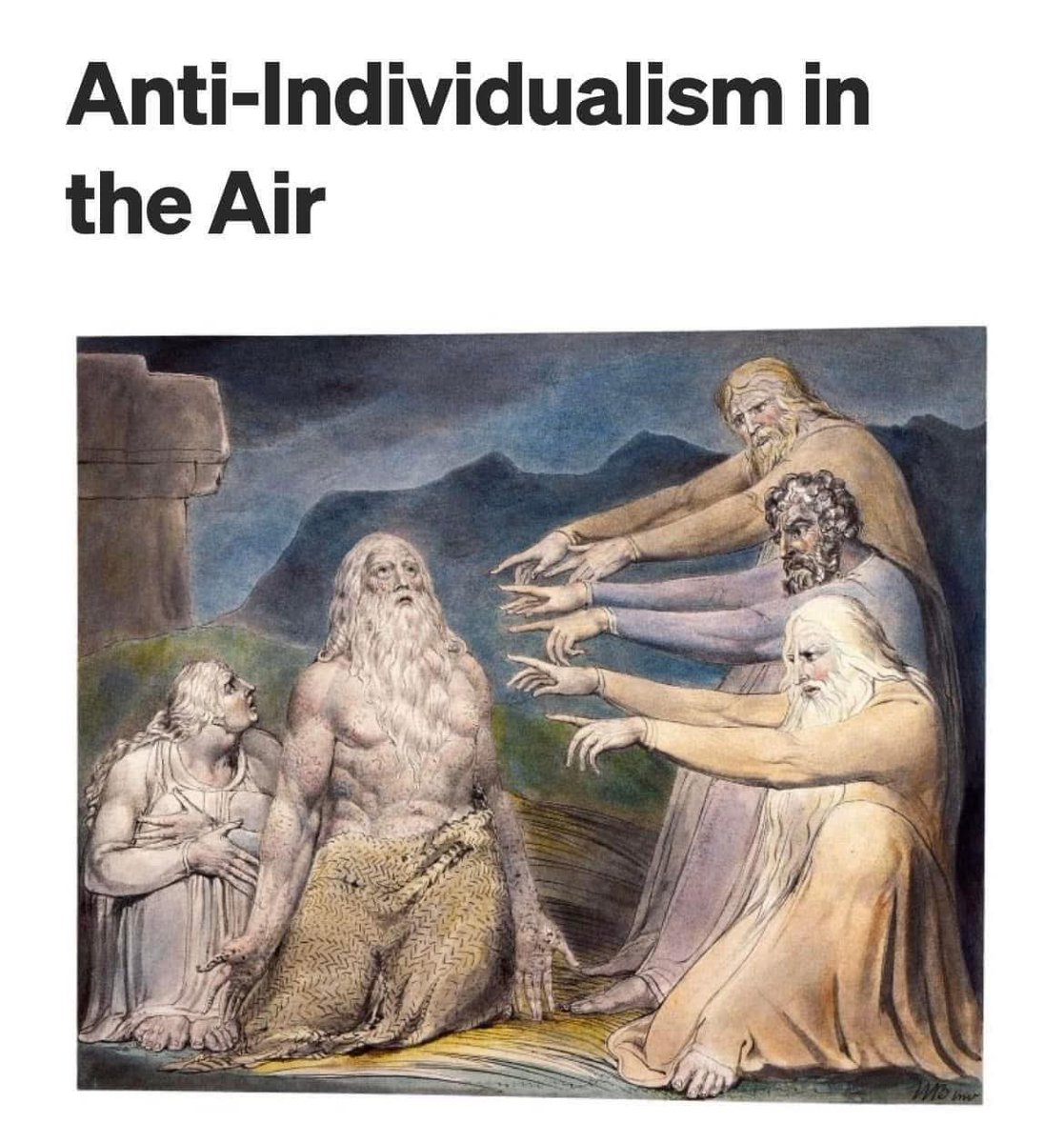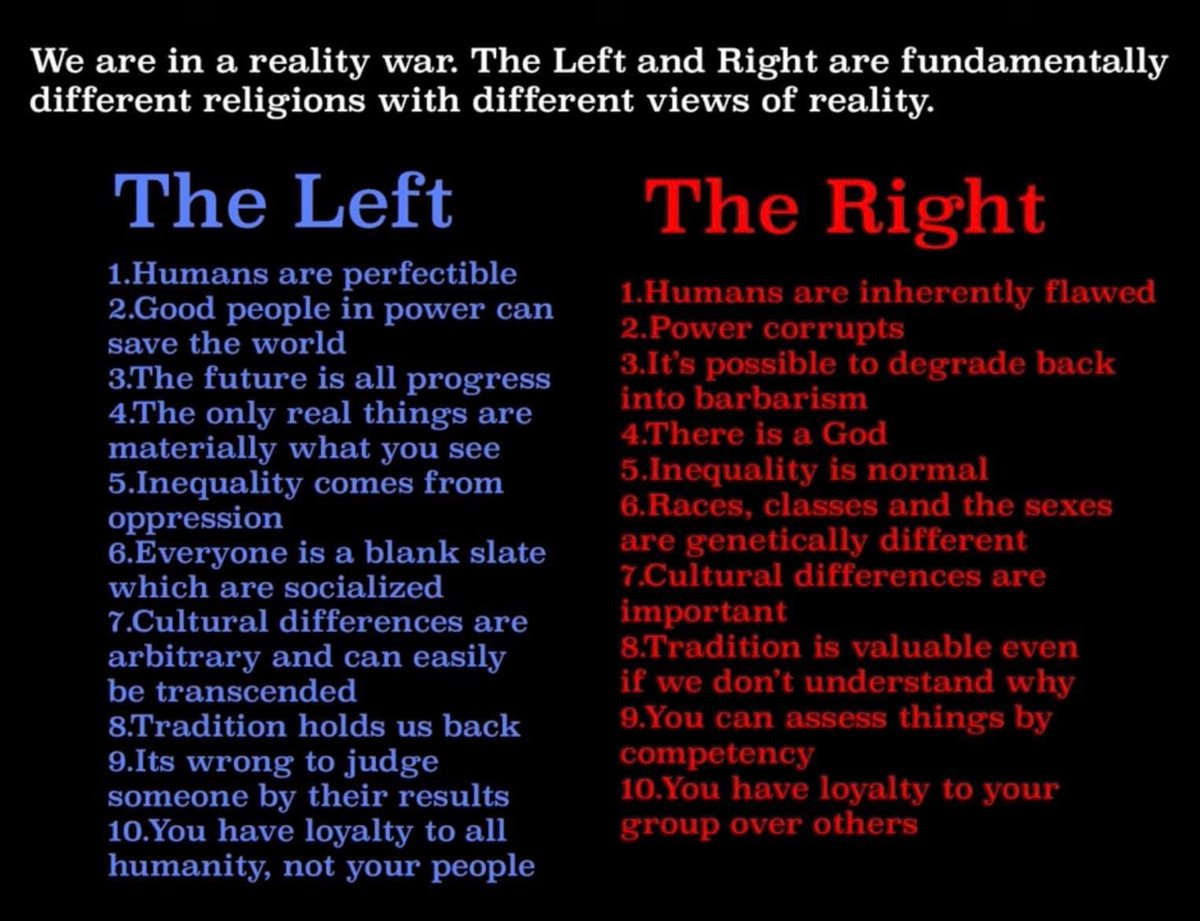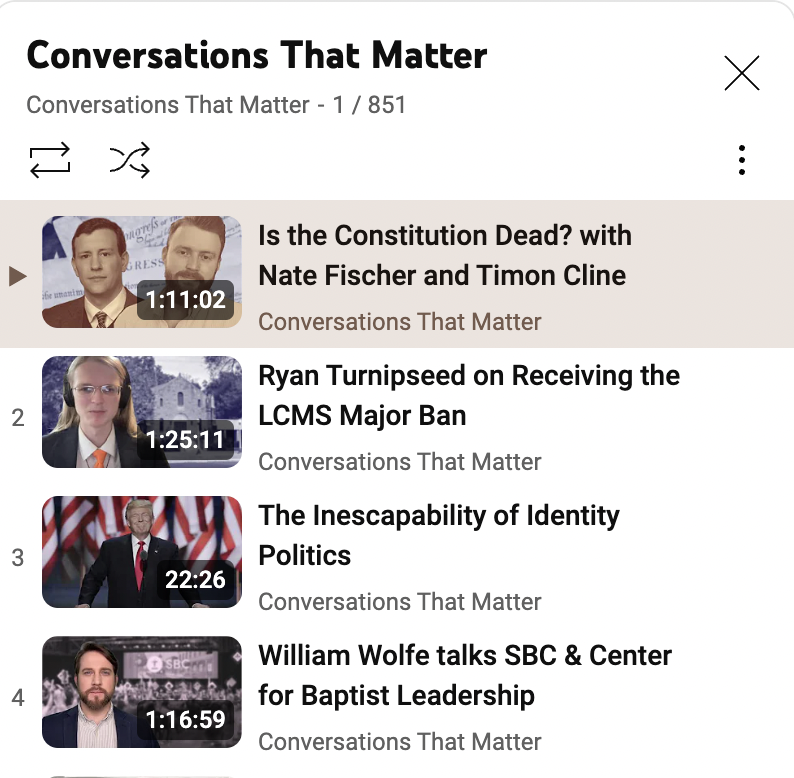Race and Common Sense—Twelve Points
1. The moral attainment of people in every genetic group in the world is not currently equal.
1. The moral attainment of people in every genetic group in the world is not currently equal.
2. The people of all genetic groups should be treated as potential moral equals and they should be evaluated as individuals.
3. It is not good to prejudge individual people based on skin color, genes, or what group you perceive them to be part of.
4. Race and culture are not the same thing.
5. Cultures do exist, and they can be judged on aggregate (in at least some context).
6. All cultures can (and do) raise or lower their moral stature over time, so cultures are not morally equal.
7. Everyone should seek to better himself and to better his own culture—or to find a new one and assimilate into it.
8. Everyone should reject social determinism and genetic determinism.
9. In some situations it is prudent to maximize your personal safety by using your knowledge about statistical patterns pertaining to cultures. This does not entail being a racist.
10. Immigration policy is a separate matter from the question of racism.
11. It is not good to stoke animosity between people of different races.
12. It is not good to divide people by race and treat your race, ancestry, or color as a core part of your identity.
• • •
Missing some Tweet in this thread? You can try to
force a refresh








